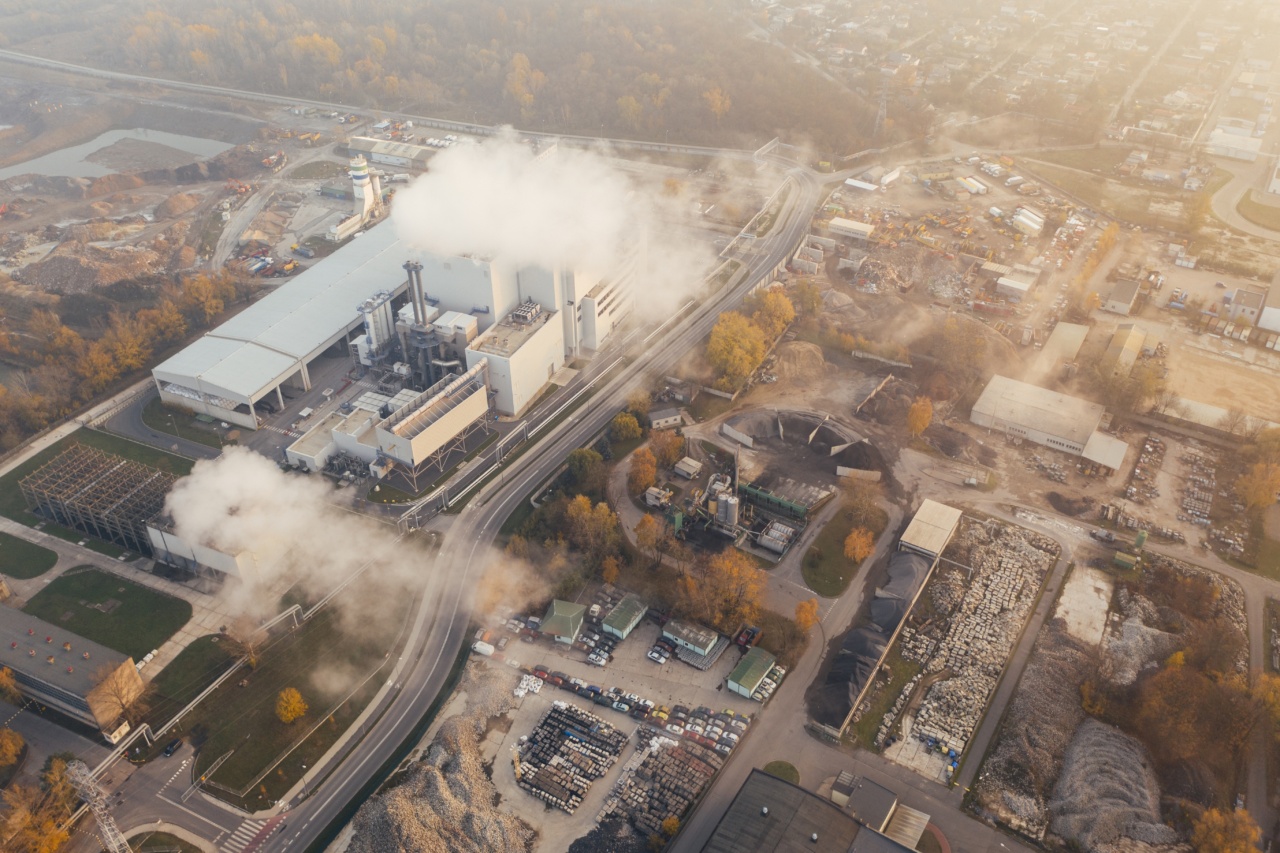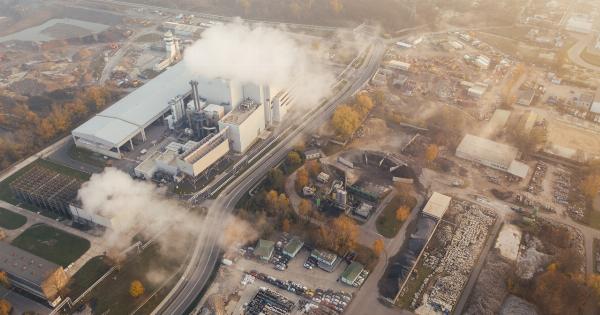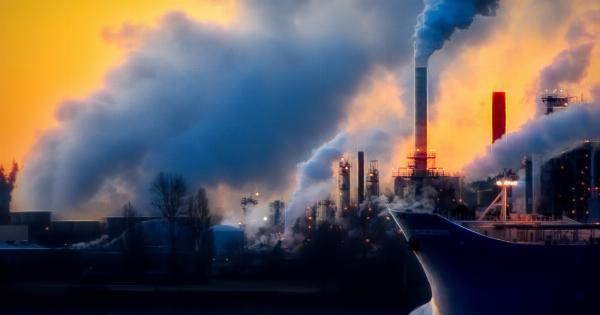Air pollution is one of the biggest public health issues facing our planet today. According to new research, over 400,000 premature deaths in Europe can be attributed to poor air quality every year.
The study, which was published in The Lancet journal, found that air pollution is the leading environmental cause of death worldwide, and is responsible for more deaths than smoking, malnutrition, and lack of exercise combined.
The Study Findings
The research studied people living in 26 European countries, and examined the health impact of exposure to fine particulate matter (PM2.5) pollution.
PM2.5 is a type of air pollution that consists of microscopic particles that can penetrate deep into the lungs and bloodstream. The study found that exposure to PM2.5 pollution reduces life expectancy by an average of two years across the 26 countries studied.
This equates to 800,000 premature deaths every year across Europe, of which 487,000 can be attributed to PM2.5 pollution.
The Impact on Health
Exposure to air pollution has been linked to a range of health problems, including heart disease, stroke, lung cancer, respiratory problems, and dementia. It is also a major cause of asthma, especially in children.
Air pollution can exacerbate existing health conditions, and can also lead to new health problems. The World Health Organization (WHO) has classified air pollution as a carcinogen, meaning that it has the potential to cause cancer.
The Causes of Air Pollution
Air pollution is caused by a range of factors, including traffic, industry, and agriculture. The burning of fossil fuels, such as coal and oil, is a major contributor to air pollution.
Other sources of air pollution include dust from construction sites, wildfires, and natural sources such as volcanoes and dust storms. In addition to outdoor air pollution, indoor air pollution is also a problem, and can be caused by smoke from cooking stoves, chemicals from building materials, and second-hand smoke.
The Solutions to Air Pollution
There are a range of solutions that can be implemented to reduce air pollution. One of the most effective solutions is to reduce our reliance on fossil fuels.
This can be achieved by increasing the use of renewable energy sources such as wind and solar power, and by improving energy efficiency. Other solutions include improving public transportation options, promoting cycling and walking, and reducing the use of private cars. Industry can also play a role in reducing air pollution by implementing cleaner technologies and processes.
The Role of Governments
Governments have an important role to play in reducing air pollution. This includes setting and enforcing air quality standards, promoting public transportation, regulating industry, and providing incentives for the use of renewable energy sources.
Governments can also implement policies to encourage the use of electric vehicles, and to reduce the use of fossil fuels in transportation.
The Importance of Raising Awareness
Raising awareness of the dangers of air pollution is an important step in tackling this issue. This can be achieved through educational campaigns, media coverage, and advocacy by health professionals and environmental organizations.
By raising awareness, we can create a greater sense of urgency around the need to reduce air pollution, and can encourage individuals, organizations, and governments to take action.
Conclusion
Air pollution is a major global health issue, and new research highlights the scale of the problem in Europe.
The study shows that air pollution is responsible for over 400,000 premature deaths every year, and reduces life expectancy by an average of two years. The causes of air pollution are complex, and require a range of solutions, including reducing our reliance on fossil fuels, improving public transportation options, and implementing cleaner technologies in industry.
Governments have an important role to play in reducing air pollution, but individuals and organizations can also take action to help tackle this issue.

























